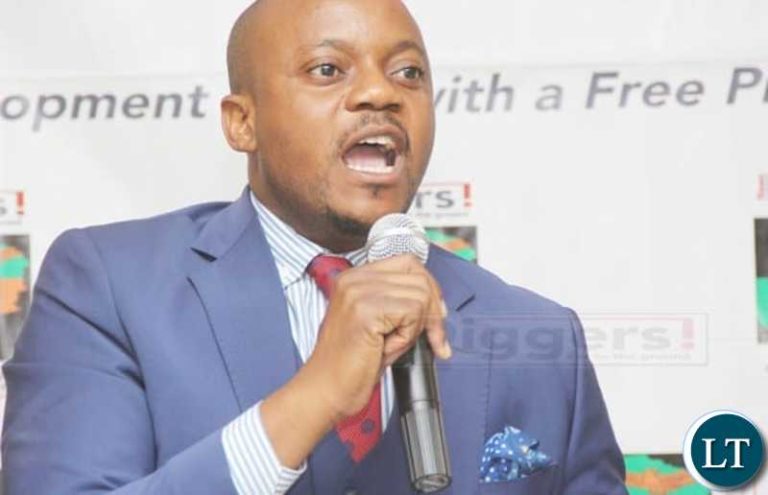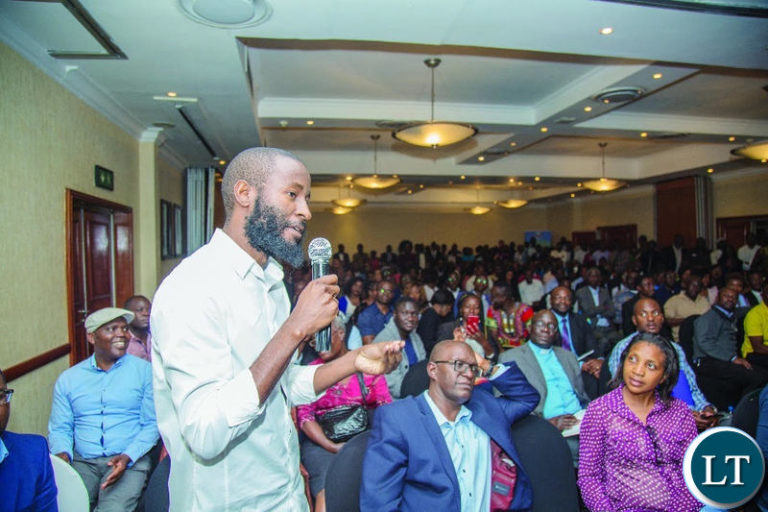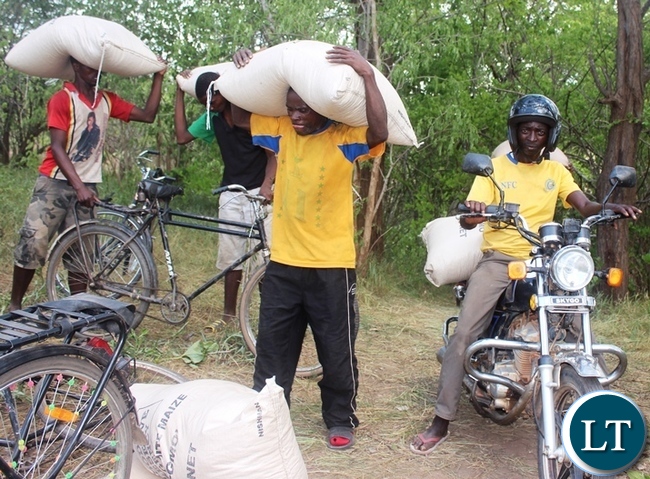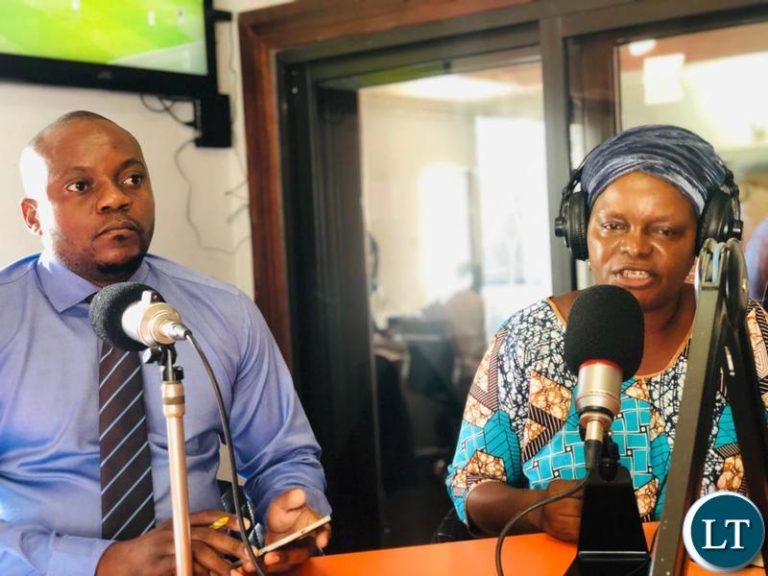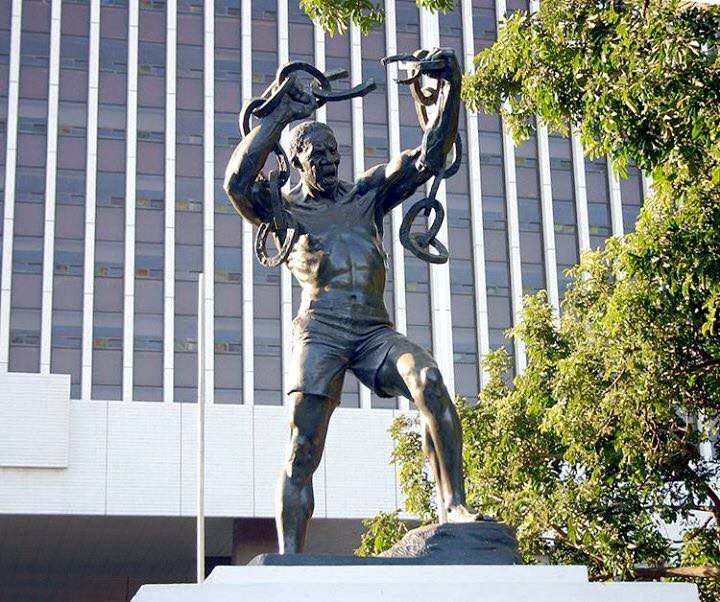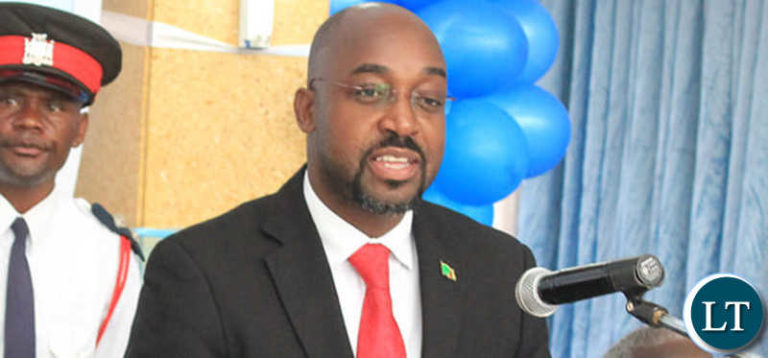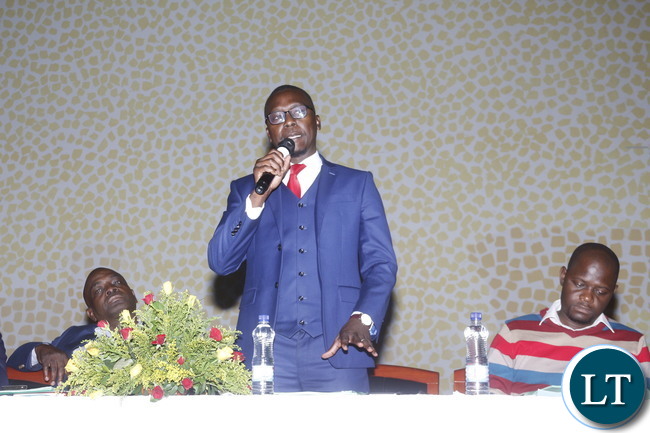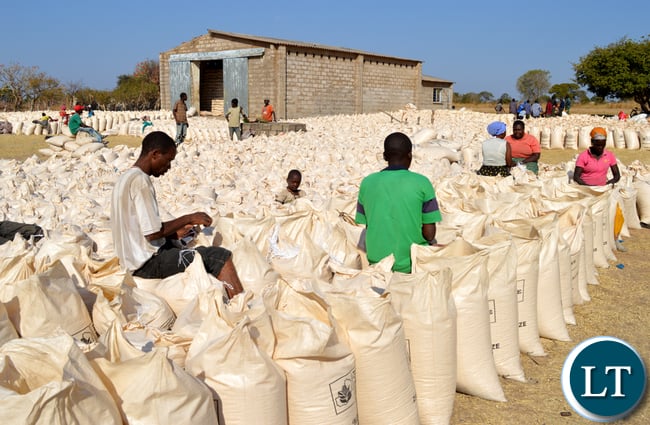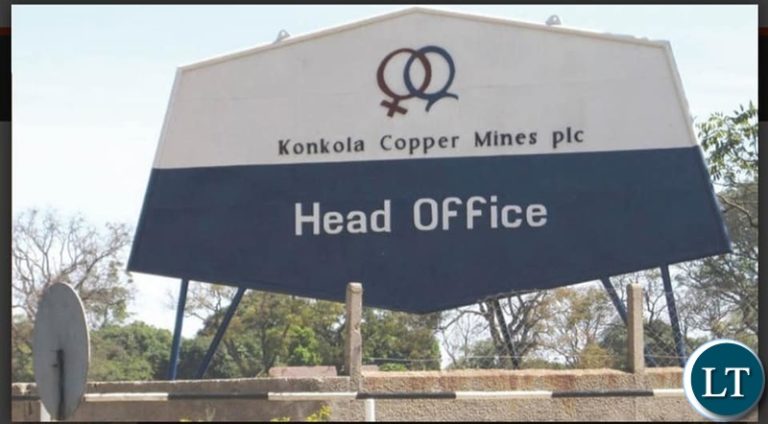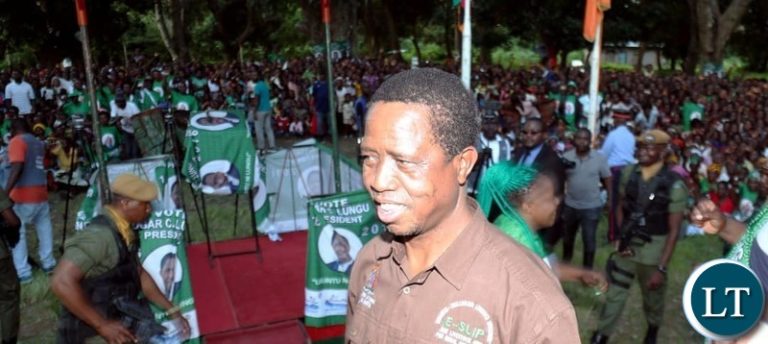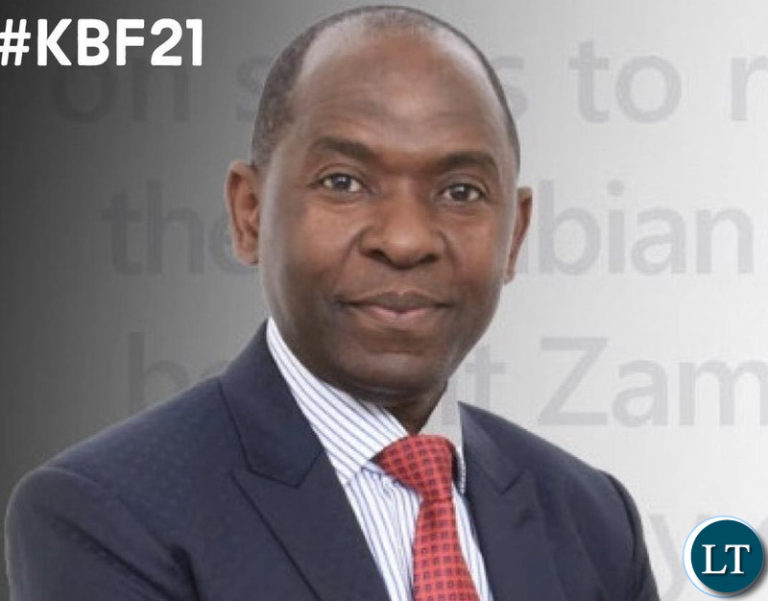40 million people in Southern Africa are at risk of increased hunger and poverty due to the double threat of the coronavirus and consecutive climatic shocks, warned Oxfam today.
More than 17 million people across Malawi, Mozambique, Zimbabwe, Zambia, and South Africa are already food insecure due to last year’s drought.
Around 40% of the population in the region are already living in abject poverty as the World Food Programme warns that food prices are at a five-year high.
Zambia, which is considered the region’s food basket, has already suffered climatic shocks, an energy deficit, and the highest debt in the region prior to the coronavirus pandemic.
Today, nearly two million Zambians are facing acute food and water insecurity, high chronic malnutrition, livestock diseases, and crop destruction caused by dry spells and flash floods.
Monica Chime a Zambian farmer from Sinazongwe, bordering Zimbabwe said: “Life is now very difficult because we are always hungry. It is not just us, even people from Zimbabwe, they cross Kafwambila border daily to exchange their goats and cows for a small bag of maize flour. To complicate matters further, we recently experienced flash floods that destroyed our crops and homes.”
The last decade has seen the region hit by consecutive climatic disasters that have left more than 35 million people food insecure. Since 2004, around 15 million people have already been facing hunger every year. In 2015, the El Nino-induced drought left nearly 40 million people without enough food. Then, in 2019, Cyclone Idai left over 8.7 million in dire need of food and water. Except for South Africa, over 60% of the people in the region depend on small-scale farming to meet their basic needs; now the coronavirus will devastate their ability to recover from five years of consecutive climate disasters.
“As a farmer, I need to move around looking for markets, interact with agriculture officers, and buy seeds and fertilizer. Now with the lockdown, it’s a nightmare for most of us farmers to access markets and procure inputs for the upcoming winter cropping season,” said Mary Chinembiri, a smallholder farmer from Zimbabwe.
Nellie Nyangwa, Oxfam’s Southern Africa Regional Director said: “In the region, the pandemic is not only a public health issue, but it is also a food security issue as restrictions on movement within and across borders have slowed food systems and impacted supply chains. Many have also lost their jobs and with rising food prices, this means many more people will go hungry”.
Most countries in the region also do not have adequate social protection in place for the most vulnerable people even before the pandemic.
Seven out of ten people across sub-Saharan Africa work in the informal sector with little or no employment benefits. Even in South Africa, which is the least dependent on the informal sector, one in six workers is informally employed.
Across the continent, only 17.8% of workers are covered by social protection schemes. Only South Africa and Zimbabwe have an Unemployment Insurance Fund and a National Social Security Fund for formal workers. Even where there are social stimulus packages in place, like South Africa’s 500-billion-rand package, the most vulnerable people are left out.
South Africa has more than 4 million migrants and refugees and none of them are eligible for relief under this package. Only a small percentage of working refugees have access to the Unemployment Insurance Fund.
“Many European, North American and Asian countries are able to address the terrifying reality of “the cure being worse than the disease” because they could afford to fund good public health, unemployment and social benefits, as well as food chains and business relief packages,” said Tsitsi Magaza, Oxfam’s Southern Africa Humanitarian Manager.
“But for many poor people across the South African region that reality has become a daily life-or-death situation, as they have no access to food and other basic needs. The Covid-19 pandemic is threatening to wipe out the gains we have made in combating hunger and poverty in the region, added Magaza.”
“With food and other essential needs prices going up, many smallholder farmers have resorted to negative coping mechanisms such as selling productive assets to survive. The pandemic is making the vulnerable households go hungry but also poorer,” adds Nyangwa.
“Action by governments and donors is urgently needed to help the most vulnerable people, especially through providing multipurpose cash transfers grants which would enable them to buy food, seeds and fertilizers to grow food again. Governments must also subsidize farm inputs, and strengthen their national and community’s resilience to increased climatic shocks”.


